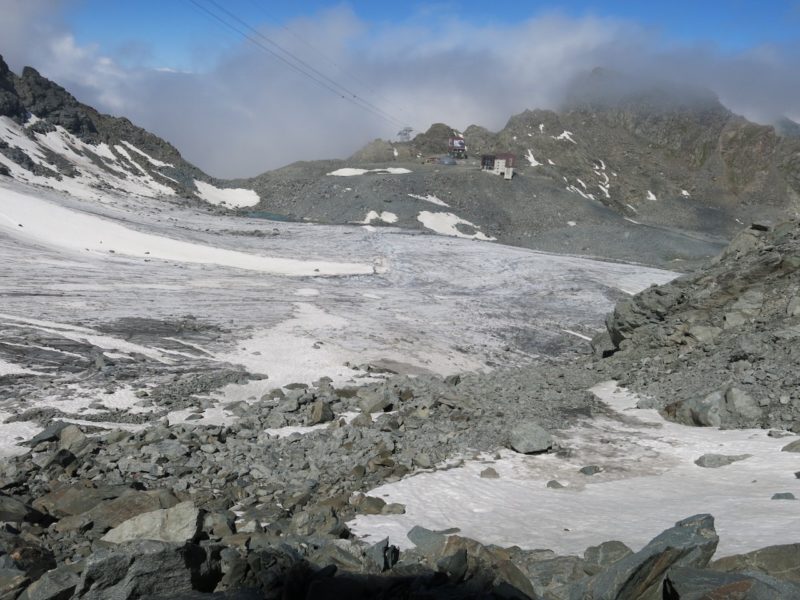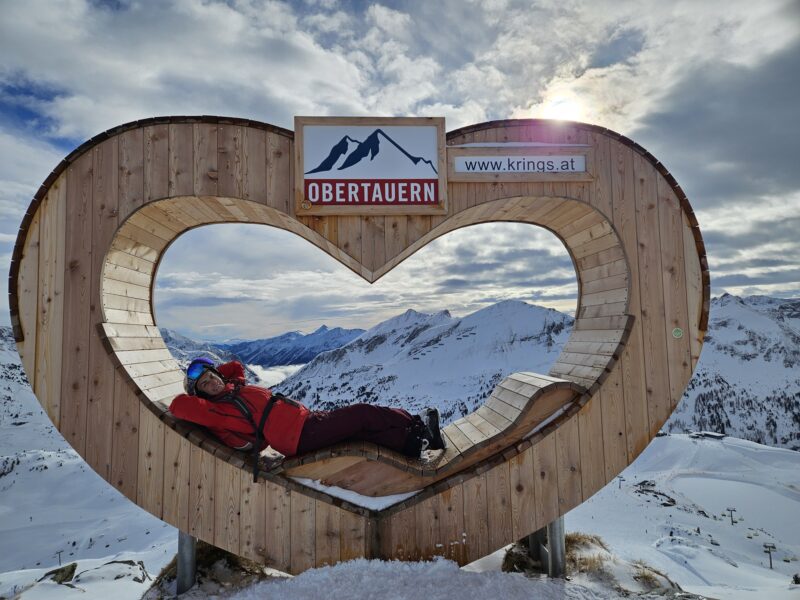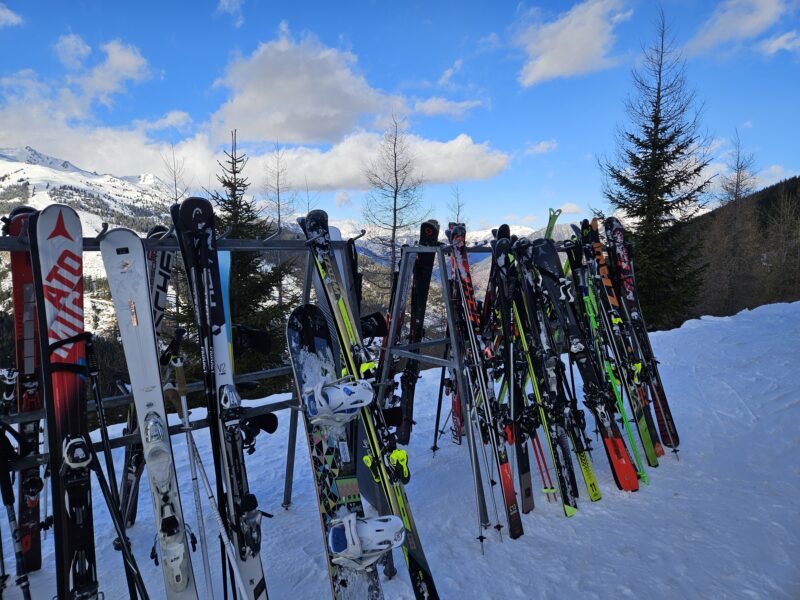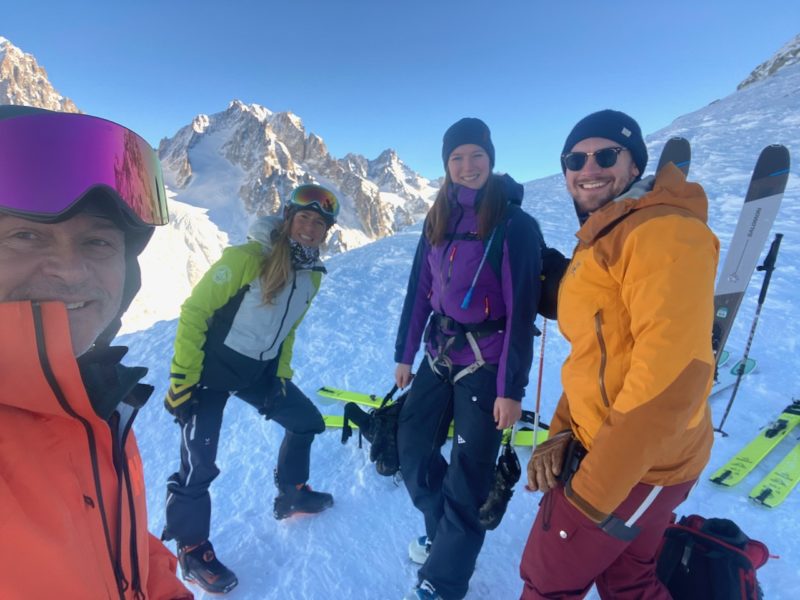THE GOOD, THE BAD & THE UGLY OF SNOWSPORTS
3rd January 2020
Last modified on May 16th, 2021
The head of the International Ski Federation reflects on 10 years of the best & worst in skiing & snowboarding as we enter a new decade.
It’s the final New Year for the FIS President Gian Franco Kasper, who retires in May after more than 20 years at the top of the organisation.
Looking back on the last decade, he highlights the success of the sport itself, including three Winter Olympic Games on three continents.
But he raises two major issues away from the slopes that have had a direct impact on the sport: climate change and doping.
FIS recently signed up to the UN climate change initiative and held an environment forum with top scientists in the field.
It followed controversial comments by Gian Franco Kasper who had earlier appeared to question the existence of global warming.
RELATED ARTICLES
- FIS Boss To Stand Down
- FIS Signs Up To Climate Change
- FIS Boss Talks Tough On Drug Cheats
- Demands For FIS Boss To Resign
- 21 Athletes In Doping Ring
In his message, the President speaks of the impact of climate change on the daily business of the ski industry.
“We know that we can no longer count on stable winters of years past and we must be flexible and prepared to deal with the reality of the new climate conditions,” he says.
“The good news is that the environment is not only of top concern for FIS, but it is also one of the biggest talking points in daily life.
“Only when everyone makes changes in their habits will we be able to tackle climate change and it is heartening to see that this serious topic is now at the forefront of the news and global agenda.”
Kasper says the problem of drug cheats in the sport is the second theme that has dominated the last 10 years and will, sadly, continue.
“We have seen through the on-going Russian doping scandal the deep harmful impact that doping has on all sports,” he says.
“This is a story that will go on well into the next decade.
“There is no easy solution to putting an end to doping in sport. FIS will continue to play its part in keeping sport clean through testing and education and we will work together with our stakeholders to ensure we keep our sport clean.”
On the snow, things went better.
“The last 10 years we have seen three Olympic Winter Games on three continents, bringing a global audience closer to all of our disciplines,” Kasper says.
“We also put on more than 4,000 World Cup competitions on all five continents. And naturally, we crowned our World Champions at more than 30 FIS World Championships.
“But behind these numbers is where the real stories lie.
“Stars were born, legends retired, dreams came true and aspirations were also shattered.
“We introduced new competitions, new formats, we brought our events into cities, we went to new countries and we brought in innovations in the way we presented our sports, not only to better inform our existing fans and followers, but to spark the interest of the next generation of enthusiasts.
“It is a continual challenge to stay relevant in an increasingly crowded sports calendar, but I can say in the last decade, we have taken steps to live up to the expectations.”










